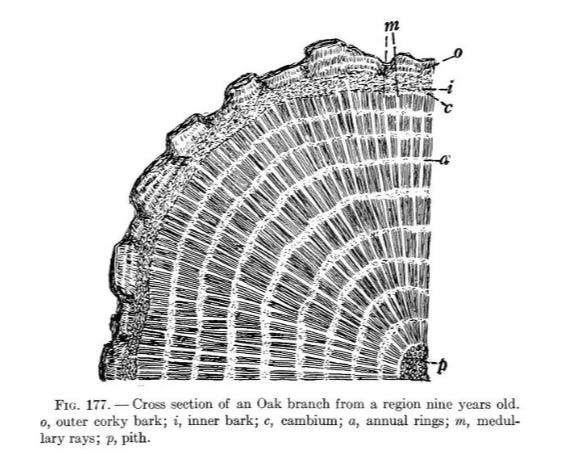Monday Reading is my weekly recommendation of something I’ve found thought-provoking or fascinating. Sometimes it is about something I have read. Sometimes it is about television or food or music or projects I care about supporting. Sometimes I do not send it on Monday. Please share with anyone who might like the vibes!

Many years ago (like eleven???) I heard this interview with yoga teacher Matthew Sanford and I’ve thought about it on and off ever since. I was thinking about it yesterday because today marks two years since I had a double mastectomy for breast cancer treatment.1
Since the surgery, I have tried to understand—as I told someone the other day—what happened to me, and I’m still not sure I know, though the medical narrative is quite clear.2 One of the things that changed, of course, was that I have nerve damage all over my chest, places where the skin has no sensation anymore. This is what I wrote about it:
On the morning of the third day—the second? No, the third—the nerve block wears off. The skin and tissues of my wounded chest seem to hum, to sing: severed nerves fire signals that have nowhere to go. I touch the newly flat plane of my chest gingerly, wanting to learn its dimensions. I can feel spots where fatty tissue was scraped away down to muscle and breastbone. I think, My heart is closer to the surface now.
I am used to my skin touching back, to sensation meeting sensation, but now it only goes one way. If I push and prod the skin folds I can feel tenderness underneath and the firm snaking drainage tubes still in my chest. It’s unsettling, though, this deadened sensation: here my body has lost contact with itself. When the severed nerves stop trying to reach one another a few days later, I will wish that they hadn’t, that they never would.
Anyway, I was reminded of this interview when I was contemplating my changed body the other day. Sanford became paraplegic after a devastating accident at 13; as an adult he became a yoga teacher.
I’ve always thought about this part in particular:
Know that the places you don’t feel in you are graceful. They’re not loss. They’re not absence. They’re part of your strength, of your fiber; in a piece of wood, it’s not just the grains of wood, it’s the empty space and spaces between the grains of wood that make it strong. It’s both. And so, the world not only gets lighter and easier when you include more of yourself here — you house more space than your mind will ever know …
… [I]t’s work, like everything else. I know — I don’t know more deeply, but differently than most people—how much my body has absorbed and moved towards living, still. So, I look at — I have places, skin on my body, old pressure sores, and old stuff that happened that you can see the skin is struggling to stay and hold. I don’t, [think] “Oh, it’s not holding, dang it.” I feel like, “Man, it’s working as hard as it can.” There’s that type of feeling that I have now. And I didn’t use to have that. But looking at— rather than how your mind-body relationship, or your being, is moving away from life, instead looking at how it’s staying connected to life.
His book (now out of print, I think) is Waking: A Memoir of Trauma and Transcendence.
See you soon.
More on disability:
PS: In response to the very reasonable question “what’s up with this newsletter,” I’m … working on it. If you are a paid subscriber, thank you. It makes a very big difference to me. I’d love to send you a copy of my latest essay on a bizarre midcentury law enforcement experiment.
Yes, it is also the Dobbs anniversary. I came out of anesthesia as the interns were turning their phones on and heard one of them say “Well, they overturned Roe v. Wade” and I thought “Thank god I can stay off the internet today,” lol.
I don’t have breast cancer anymore! I don’t have thyroid cancer anymore, but that could change! (See u in six months, ultrasound tech.)





This interview with Matthew Sanford is, for me, one of the more memorable ones from On Being. Thank you for bringing it forward. And for sharing about you.